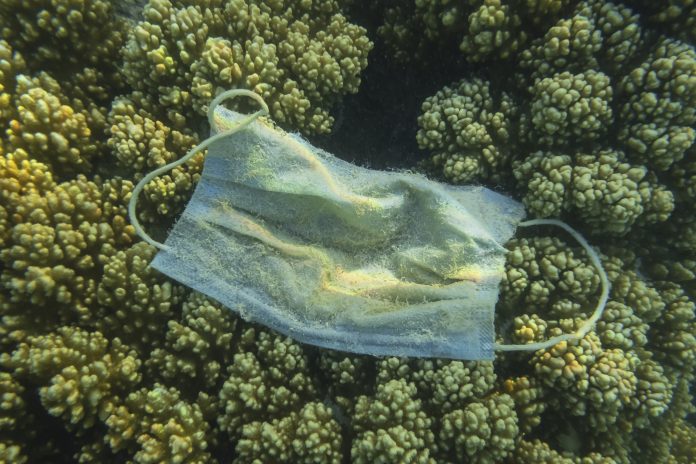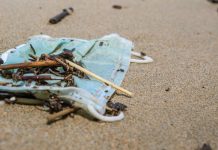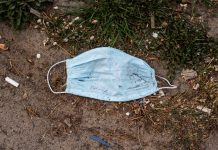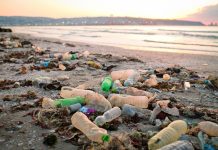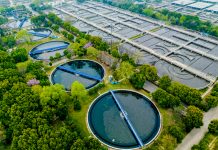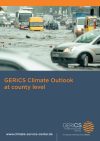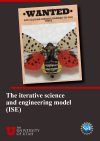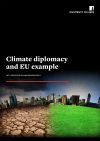ESCP Business School highlight the devastating impact of personal protective equipment (PPE) on marine life during a ‘More Masks Than Jellyfish’ online conference
Research has found that the world risks having more masks than jellyfish in the oceans in the near future due to the consequences of producing billions of items of personal protective equipment (PPE) to fight COVID-19.
It’s therefore not difficult to see why conservationists around the world are sounding the alarm over where all these single-use products are ending up as millions of gloves and masks are being used and then thrown away every single day.
Already, some 8 million tonnes of plastics enter our ocean every year, adding to the estimated 150 million tonnes already circulating in marine environments. Since the pandemic this has only intensified. Waterlogged masks, gloves, hand sanitizer bottles and other waste produced as a result of the pandemic are now being found on our seabed’s and washed up on our beaches, joining the day-to-day rubbish already in our ocean ecosystems.
One study estimates that in the UK alone, if every person used a single-use face mask a day for a year, it would create an additional 66,000 tonnes of contaminated waste and 57,000 tonnes of plastic packaging. In reaction to this, world leaders and politicians are signaling that it urgently needs to be addressed.
As countries all over the world confront the coronavirus pandemic, these figures’ risk is growing substantially. With a lifespan of 450 years, these masks will have unprecedented environmental consequences for our planet.
Efforts to tackle plastic pollution can help us improve ocean health, tackle climate change, support biodiversity and build sustainable livelihoods, and people need to be educated on the importance of preserving and saving our oceans from such harmful pollution.More
More Masks Than Jellyfish
This is why educational institutions such as business schools have a responsibility to instigate change. GEA Sustainability ESCP is a cross-campus student association at ESCP Business School, and in January 2021 it organised the online event ‘More Masks Than Jellyfish’. The discussion focused on the threats from and impact of the COVID-19 pandemic on marine life, especially ocean pollution caused by face masks, gloves and other coronavirus-related waste.
The conference was moderated by professional windsurfer Federico Morisio, a brand ambassador for MareVivo – an environmental organisation that has been dedicated to protecting the sea and its resources for 30 years. The guest speakers were Matthew Brkic of BCG, Mariagiovanna Giuliano of MareVivo, and João Fernandes from U-Mask. Guest speakers shared their knowledge and experience with 75 attendees from all six ESCP Campuses.
Ultimately, it is important that business schools hold these events because as Matthew Brkic shared, the younger generations have three things that make them exceptional. Firstly, they have a level of energy that they will never have again in their life, an incredible amount of ambition, and of course – time. All of these factors are crucial in making a real difference.
During the event, Mariagiovanna Giuliano and Federico Morisio explained that people need to become more aware that there is interconnectivity between the health of the sea and human health. If the seas are not healthy, we cannot live a healthy life on this planet. We need to start from small actions that do not revolutionise our lifestyle, but can be done constantly by each one of us and bring a big change. This is why events like this within influential institutions such as business schools can make a big difference in the long term.
Even before the pandemic, plastic pollution in our oceans was widespread. The problem is now worsening, and poses a clear and present danger to human health and wellbeing. Protecting the planet is a global concern and our collective responsibility, and we need leaders who recognize the gravity and take action, and on a smaller scale, business schools must continue to educate its community on the growing dangers of marine contamination.
Editor's Recommended Articles
-
Must Read >> The plastic timeline: How did we get here?



